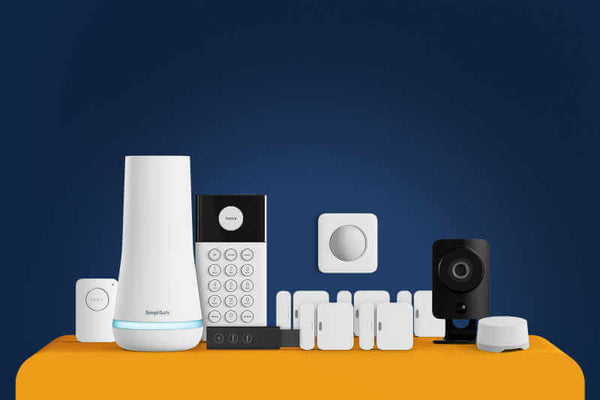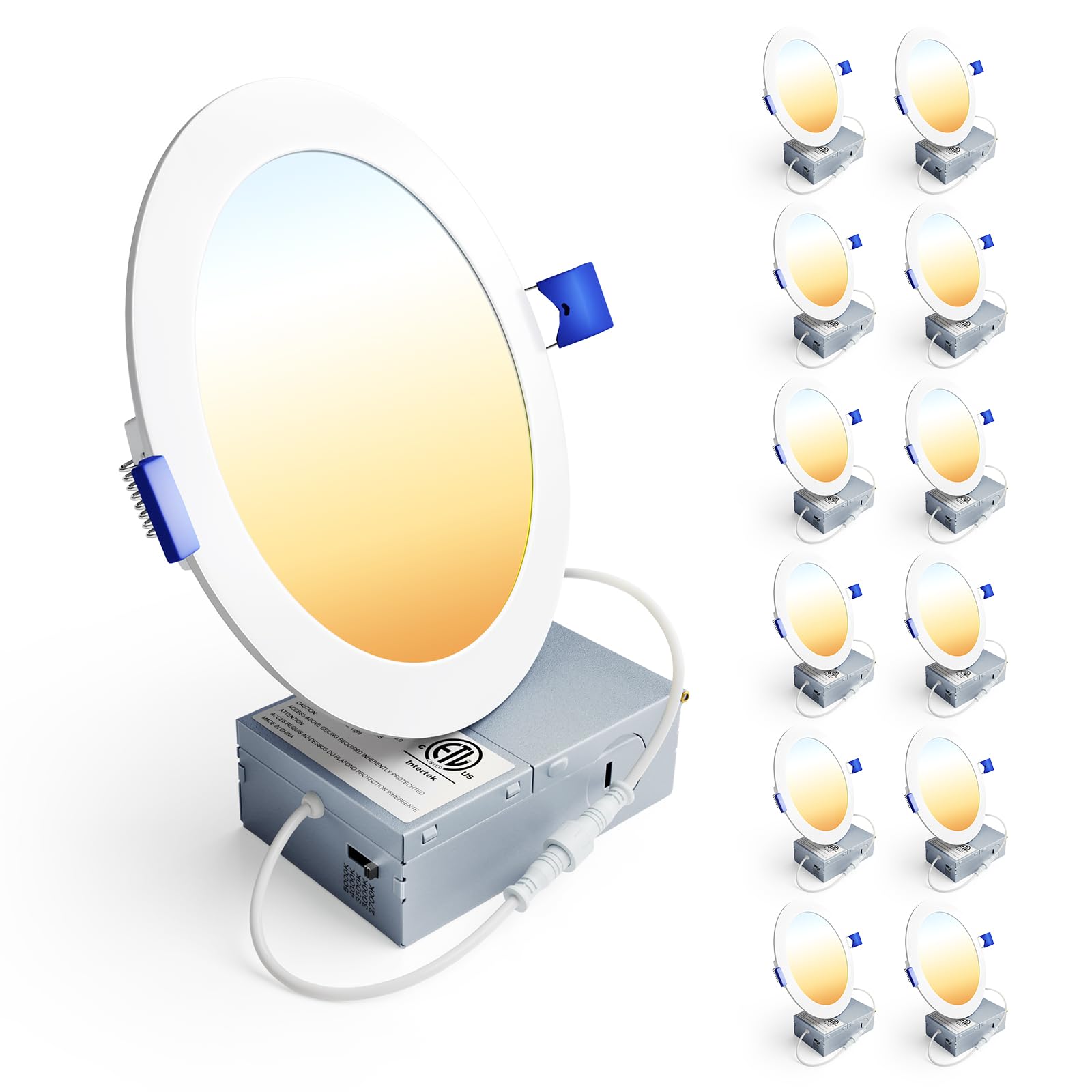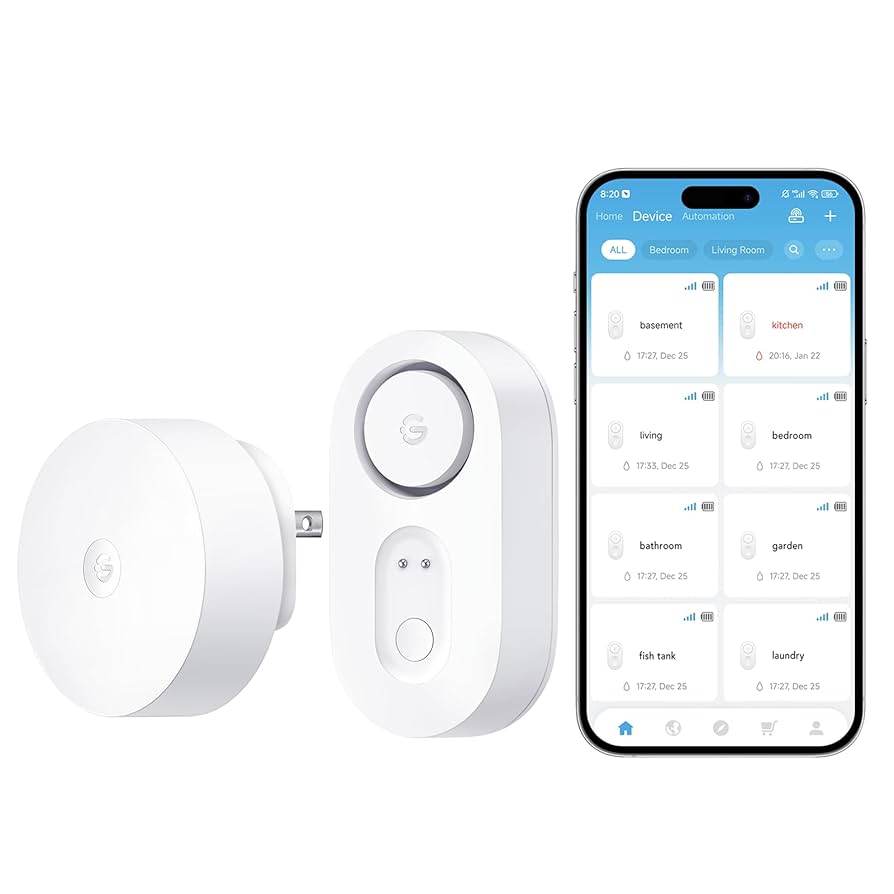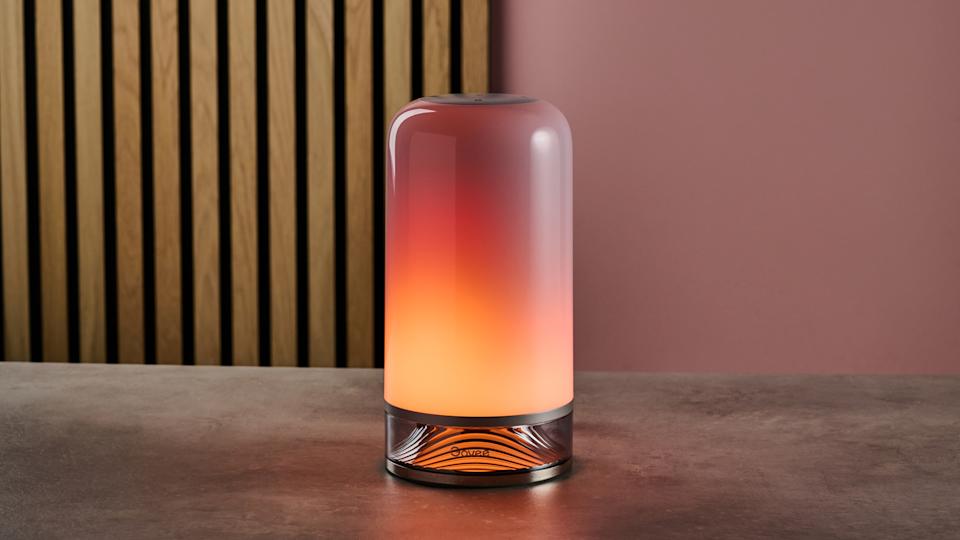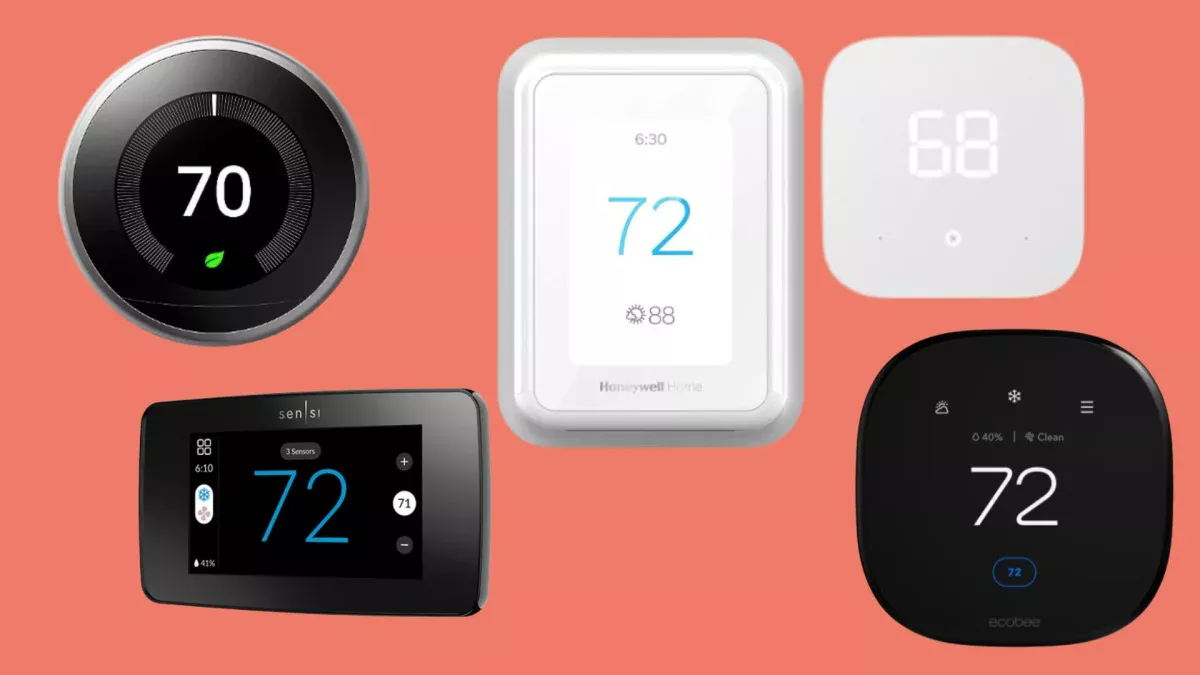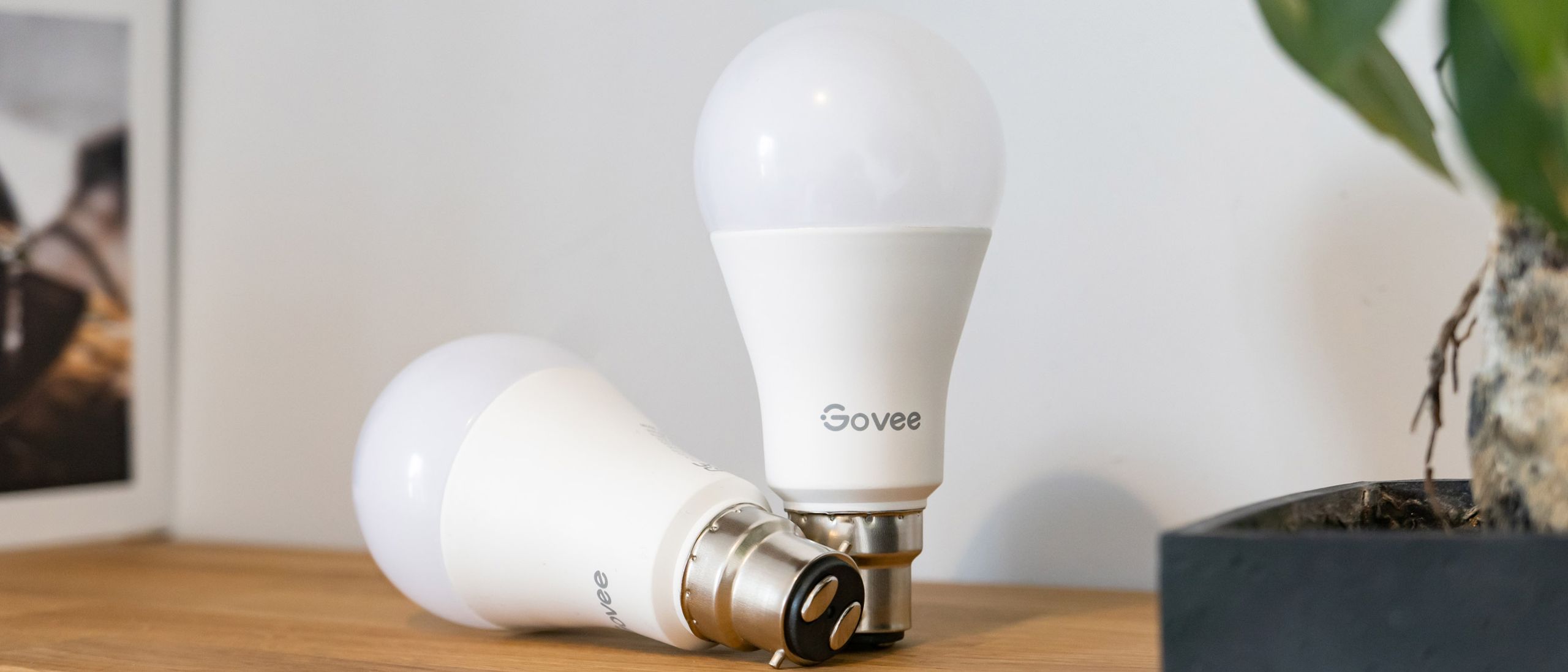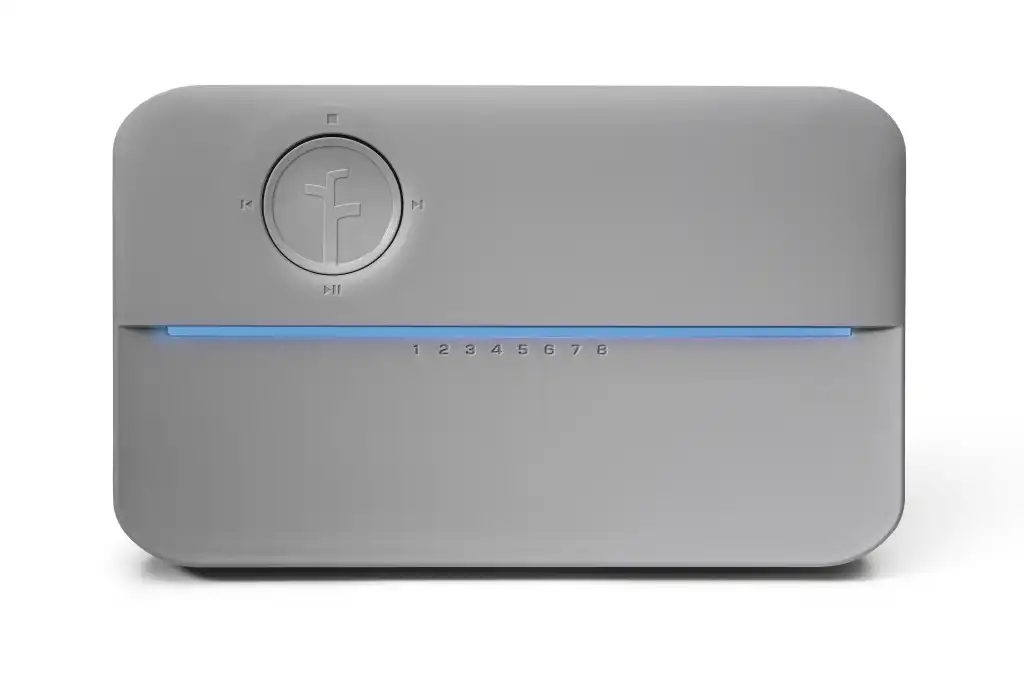Your home should feel safe and secure, no matter if you own it or rent it. But as a renter, you might worry about protecting your space without making permanent changes or spending too much. Home Security for Renters
What if you could boost your home security easily and affordably? You’ll discover simple, effective ways to keep your rental safe and give you peace of mind. Keep reading to find out how you can take control of your security today.
Assessing Rental Property Risks
Renters need to check how safe their home is. Knowing risks helps protect your belongings and yourself.
Not all rental homes have the same security. Look closely at the property and the area before moving in.
Common Security Issues In Rentals
Many rental homes have security problems. These include weak locks, poor lighting, and easy access points.
Some rentals lack alarms or cameras. These make it easier for burglars to enter without being caught.
- Old or broken door locks
- Windows without secure locks
- Dark or hidden entryways
- No security systems installed
- Unlocked garages or sheds
Evaluating Door And Window Safety
Check all doors and windows for strong locks and frames. Weak doors and windows are easy targets.
Test if doors close tightly and locks work well. Windows should lock securely and not open from outside.
- Use deadbolt locks on main doors
- Look for reinforced door frames
- Ensure window locks are functional
- Check for glass that is hard to break
- Consider adding security bars if allowed
Neighborhood Crime Factors
Research crime rates in the area. High crime neighborhoods may need extra security measures.
Talk to neighbors and local police about safety. Learn about recent crimes near the rental property.
- Check online crime maps for your area
- Note types of crimes reported
- Ask about police response times
- Look for neighborhood watch programs
- Observe street lighting and traffic
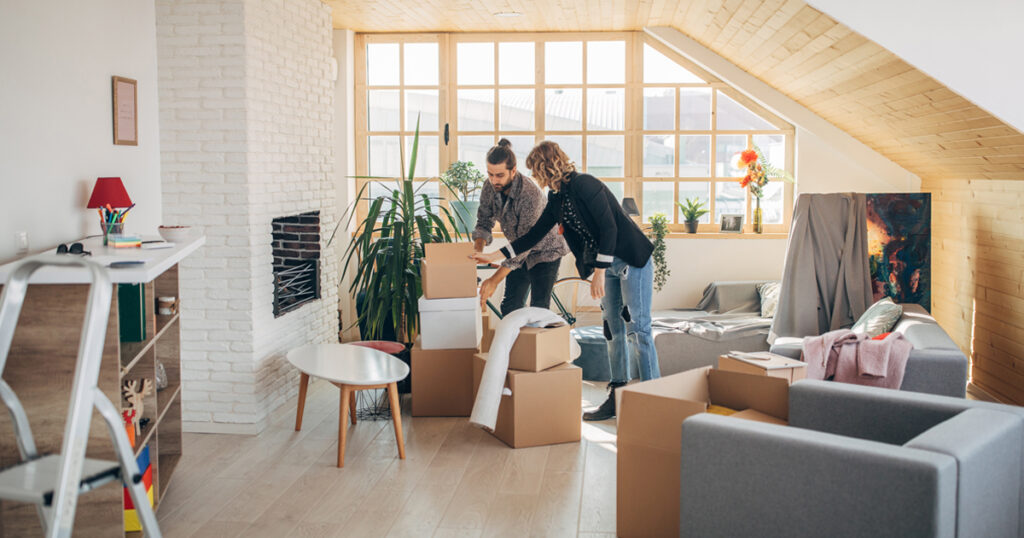
Credit: www.move.org
Smart Locks And Key Management
Renters often face challenges securing their homes. Smart locks offer a modern way to protect your space without changing doors.
These locks use technology to manage keys and access. They give you control and improve safety in rental homes.
Choosing The Right Lock Type
Different smart locks fit different needs. Some work with codes, others with phones or cards.
Pick a lock that fits your lifestyle and your landlord’s rules. Check if installation needs permission.
- Bluetooth locks connect to your phone nearby
- Wi-Fi locks let you control access from anywhere
- Keypad locks use codes without phones
- Smart deadbolts add extra security to doors
Benefits Of Keyless Entry
Keyless locks remove the need for physical keys. This lowers the risk of losing keys or copying them.
You can share access with guests easily. Change codes or permissions anytime without changing locks.
- Easy to lock and unlock without keys
- Temporary access codes for visitors
- Alerts when someone enters or leaves
- No worries about lost or stolen keys
Handling Spare Keys Safely
Keep spare keys in safe places. Avoid leaving them under mats or flowerpots.
Give spare keys only to trusted people. Use lockboxes or secure spots if needed.
- Store keys in a locked box or drawer
- Share keys only with close friends or family
- Consider digital keys for better control
- Change codes or locks if keys are lost
Security Devices For Renters
Renters need security devices that do not damage walls or doors. Many options are easy to install and remove.
These devices help protect your home without breaking lease rules. You can keep your space safe and secure.
Installing Alarm Systems Without Damage
Look for alarm systems made for renters. These usually use adhesive strips or magnets. They do not need screws or nails.
Place sensors on doors or windows with strong tape. This keeps alarms active without holes or marks.
- Use wireless alarm kits with adhesive mounts
- Choose alarms with removable batteries
- Test alarms before final placement
- Remove devices carefully to avoid damage
Using Security Cameras Effectively
Wireless security cameras are best for renters. They are easy to move and do not need wiring. Some cameras use suction cups or adhesive pads.
Place cameras near entrances or common areas. Make sure cameras do not invade neighbors’ privacy. Check camera apps often to monitor your space.
- Pick battery-powered or plug-in cameras
- Use cameras with app alerts for real-time updates
- Secure Wi-Fi to protect camera feeds
- Position cameras for clear views of doors and windows
Motion Sensors And Smart Lighting
Motion sensors can turn on lights when you approach. This scares off intruders and helps you see in the dark. Look for sensors that stick on walls without nails.
Smart lights connect to your phone. You can turn them on or off from anywhere. This makes your home look lived-in, even when you are away.
- Choose battery-powered motion sensors with adhesive backs
- Use smart bulbs that fit existing lamps
- Set timers or schedules for lights
- Combine sensors and lights for better security

Credit: www.yahoo.com
Personal Safety Practices
Renters should take simple steps to stay safe at home. Personal safety means being ready for emergencies and protecting your space.
Knowing how to handle visitors and keeping your information private also help keep you safe.
Creating An Emergency Plan
Having a plan helps you act fast if there is a fire or other danger. Know the exits and safe spots in your home.
Practice your plan with family or friends. Decide how to contact each other if you get separated.
- Find two ways out of every room
- Pick a safe meeting place outside
- Keep emergency phone numbers handy
- Have a small emergency kit ready
Screening Visitors And Deliveries
Check who is at your door before opening it. Use a peephole or video doorbell if possible.
For deliveries, ask for a photo or leave instructions to place packages in a safe spot.
- Ask for ID if unsure about visitors
- Do not open the door to strangers alone
- Use a secure place for packages
- Notify trusted neighbors about expected deliveries
Protecting Personal Information
Keep your personal details private. Do not share your address or phone number with strangers.
Be careful when using social media or online services. Avoid posting your location or daily routines.
- Use strong passwords for online accounts
- Shred mail with sensitive information
- Do not give personal info over the phone
- Limit what you share on social media
Working With Landlords
Renters often rely on landlords to maintain safe homes. Good communication helps improve home security.
Landlords control many security features. Renters should know how to work with them on safety.
Requesting Security Upgrades
Renters can ask landlords to add or improve security features. Clear requests make approval easier.
Focus on important upgrades like better locks, outdoor lighting, and secure windows.
- Check current security features first
- Write a polite request explaining your concerns
- Suggest specific upgrades that help
- Offer to share costs if possible
- Keep records of all communication
Understanding Lease Security Clauses
Leases often include rules about security measures. Renters should read these parts carefully.
Security clauses may limit changes renters can make. Knowing this helps avoid lease violations.
- Look for rules on locks and alarms
- Note if renters can add security devices
- Check who pays for repairs or upgrades
- Ask the landlord to explain unclear terms
Collaborating On Neighborhood Safety
Renters and landlords can work together to keep the neighborhood safe. Sharing information helps all.
Landlords may join or start safety groups. Renters should participate and share concerns.
- Attend local safety meetings
- Report suspicious activity to landlords and police
- Help create neighborhood watch programs
- Encourage landlords to improve outdoor security
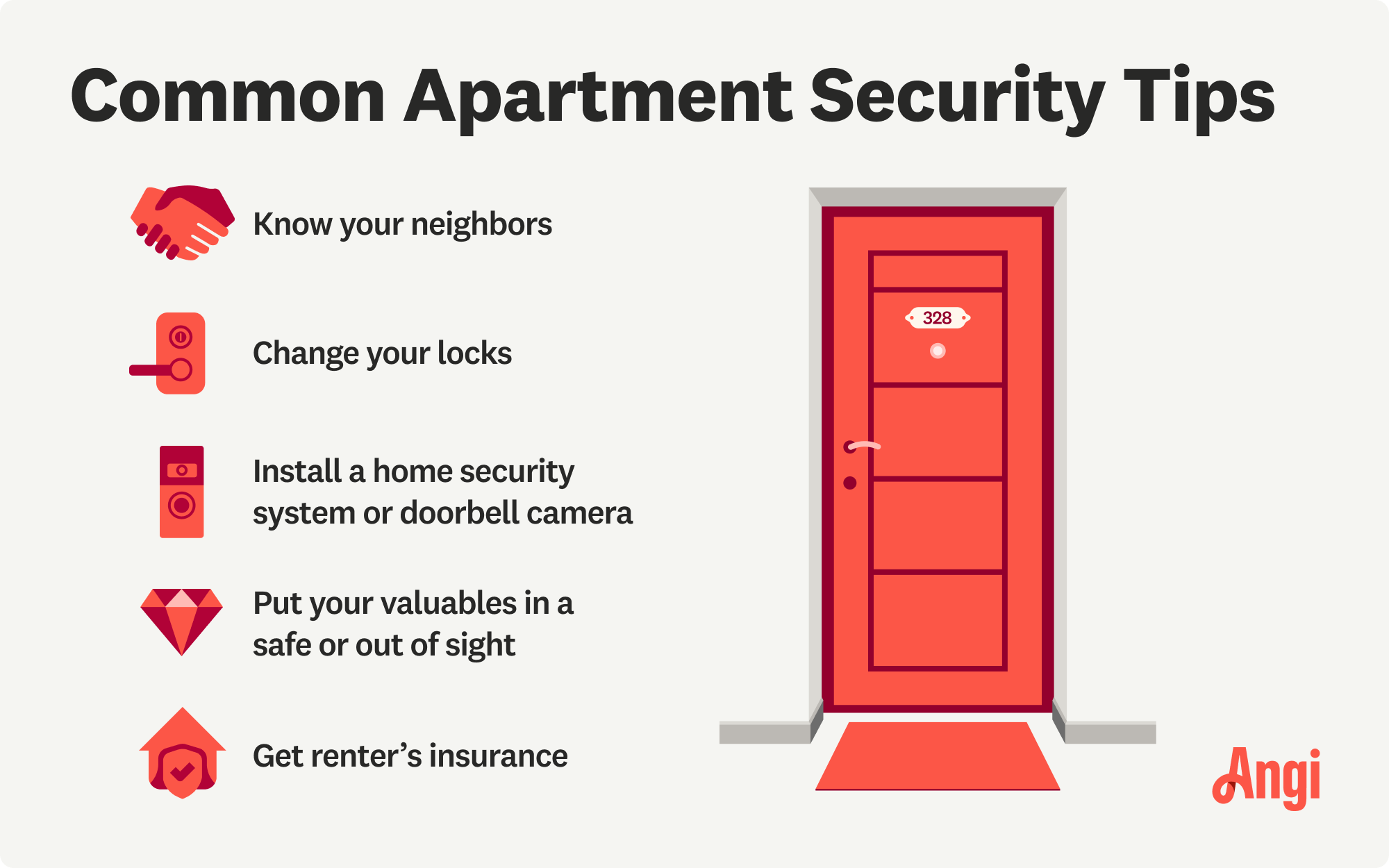
Credit: www.angi.com
Insurance And Legal Considerations
Renters must think about security to protect their home and belongings. Insurance and legal rules help renters stay safe and prepared.
This guide covers key points about renters insurance, documenting property condition, and legal rights for security changes.
Renters Insurance Essentials
Renters insurance covers your personal items if they get stolen or damaged. It can also help if someone gets hurt in your rental.
Look for policies that protect against theft, fire, and water damage. Choose coverage that fits your budget and needs.
- Personal property protection
- Liability coverage for injuries
- Additional living expenses if you must move
Documenting Property Condition
Take photos or videos of your rental before moving in. This shows the condition of the property and any existing damage.
Keep records of repairs and security device installations. This helps avoid disputes with your landlord later.
- Photograph walls, floors, and appliances
- Save receipts for security equipment
- Note any damages in writing
Legal Rights For Security Enhancements
Renters can often add security devices like alarms or cameras. Always check your lease and get landlord permission if needed.
Know your rights about installing security tools. Some laws protect renters who improve their safety.
- Ask for written permission from your landlord
- Use non-damaging security devices when possible
- Check local laws about renter security rights
Frequently Asked Questions
What Are The Best Home Security Options For Renters?
Renters should consider portable security cameras, smart locks, and window alarms. These options require no permanent installation. They offer flexibility and security without violating lease terms. Wireless systems are ideal for easy setup and removal.
Can Renters Install Security Systems Without Landlord Permission?
Most renters can install non-invasive, wireless security devices without landlord approval. However, permanent installations like drilling may require permission. Always check your lease agreement and local laws before installing any system.
How Can Renters Secure Windows And Doors Effectively?
Use door and window alarms, security bars, and reinforced locks. These devices are easy to install and remove. They provide extra protection against break-ins without damaging property.
Are Smart Home Security Devices Suitable For Rental Homes?
Yes, smart devices like video doorbells and sensors are perfect for rentals. They are wireless, portable, and user-friendly. Plus, they enhance security and can be easily transferred when you move.
Conclusion
Securing your rental home is crucial for peace of mind. Simple steps can boost safety. Install door locks and window alarms. Use smart cameras for extra protection. Discuss concerns with your landlord. Ensure you comply with lease rules. Safety doesn’t have to be expensive.
Affordable options exist for renters. Prioritize your security and feel safer at home. Stay informed about new security trends. This helps in keeping your space secure. Your safety matters. Take action today and live worry-free.
18 min read

